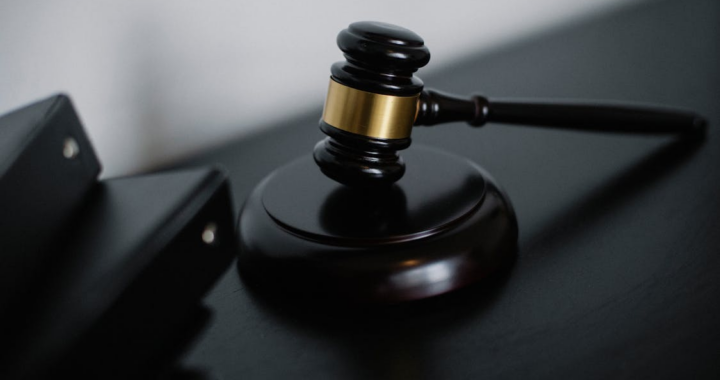In today’s digital age, audio forensics has become an essential tool in the justice system. It plays a pivotal role in verifying the authenticity of audio recordings and aiding in the investigation of criminal cases. However, as the technology behind audio authentication services advances, the ethical implications surrounding its use also come into sharper focus. How can we ensure that the use of this technology balances justice with technological capability?
Understanding Audio Forensics
Audio forensics involves the analysis, authentication, and enhancement of audio recordings for legal purposes. It often requires specialized software and techniques to verify whether a recording has been altered or manipulated. Audio authentication services can help detect tampering, ensuring that any audio evidence presented in court is reliable and trustworthy. This process can be critical in criminal investigations where audio evidence can make or break a case.
The Role of Expert Witness Testimony
Expert witness testimony in audio forensics is one of the key components that support the integrity of the justice system. Audio forensic experts testify on the authenticity and reliability of recorded evidence, offering their professional opinion on whether the audio has been tampered with or is credible. Their testimony can be pivotal in criminal trials, especially in cases involving critical audio recordings like confessions, witness statements, or conversations used as evidence.
Digital Video Forensics and Audio Authentication
While audio forensics is a powerful tool, its role is often enhanced when paired with digital video forensics. Video forensics can analyze the visual aspects of recorded evidence, while audio forensics verifies the authenticity of the corresponding sound. Together, they offer a more comprehensive analysis of digital evidence.

Yet, this convergence of technologies also raises ethical questions. How much reliance can be placed on technology when it comes to interpreting evidence? How do we ensure that the systems used in both audio and video forensics are not susceptible to bias or errors?
Ethical Considerations in Audio Forensics
The ethics of audio forensics centers on fairness, accuracy, and transparency. As the power of digital tools to manipulate or create audio grows, so does the responsibility of professionals in the field to ensure they are used ethically. Audio forensics experts must be vigilant about the potential for misuse of their expertise in ways that could unfairly influence legal outcomes.
Ethical and Accurate Audio Authentication Services
At Eclipse Forensics, we provide cutting-edge audio authentication services to ensure the integrity of your digital evidence. Our expert witness testimony is trusted in legal proceedings, offering precise analysis to verify audio authenticity. With a deep understanding of the ethics of audio forensics, we maintain the highest standards in every case, ensuring fair and accurate results. Contact us today!

